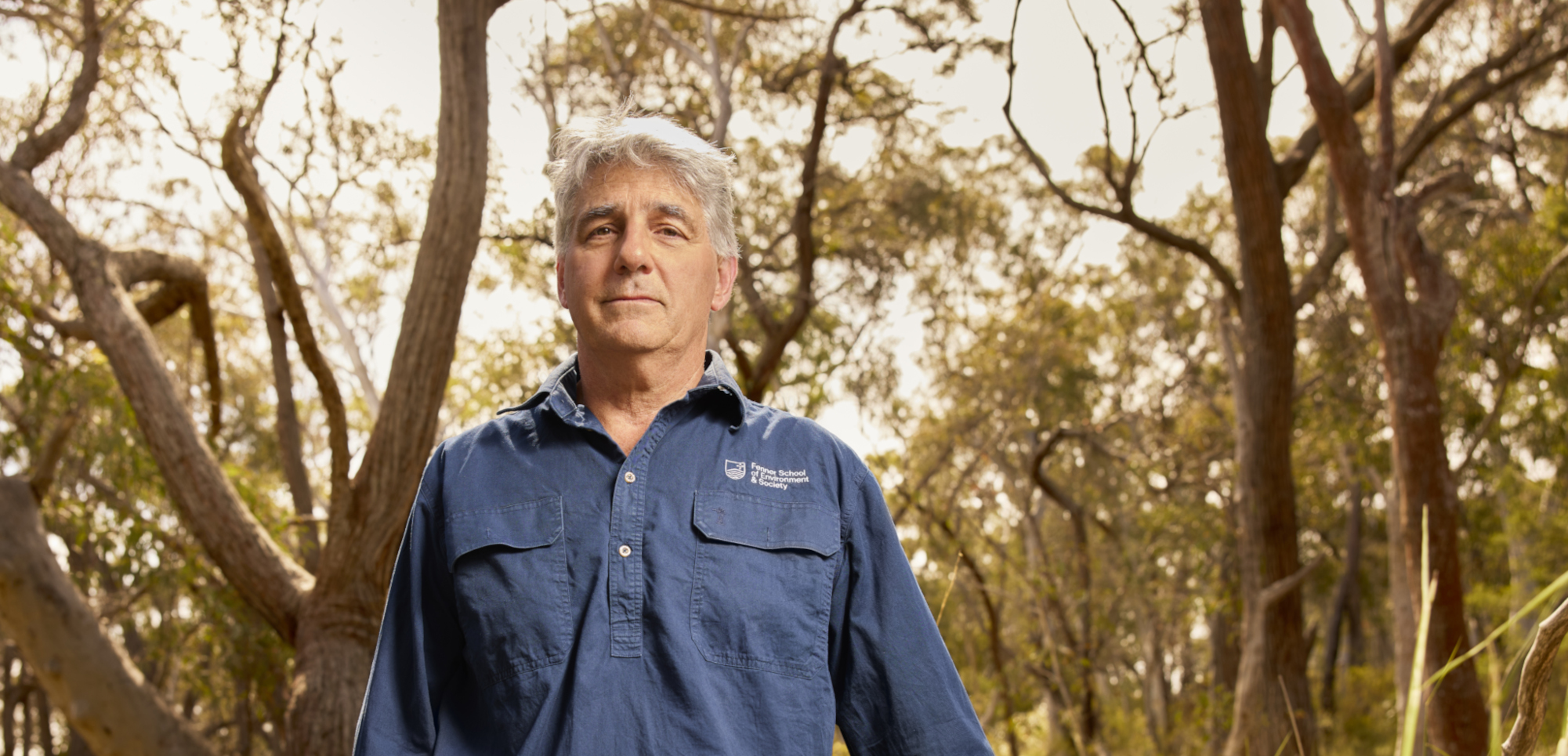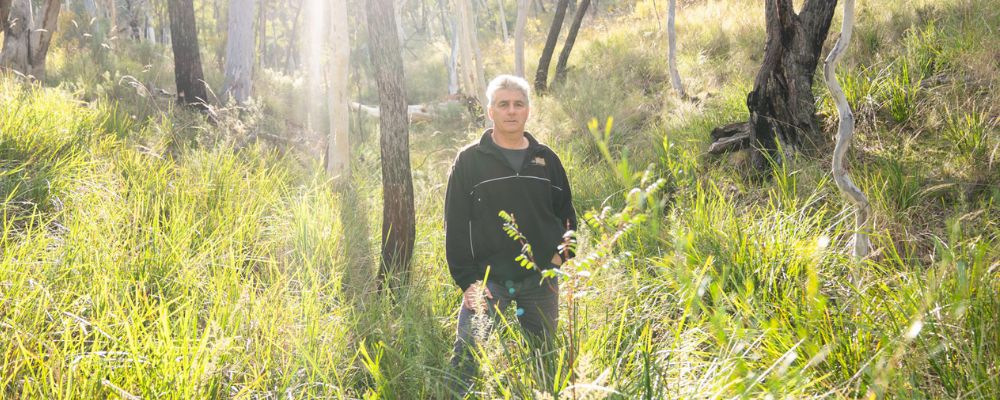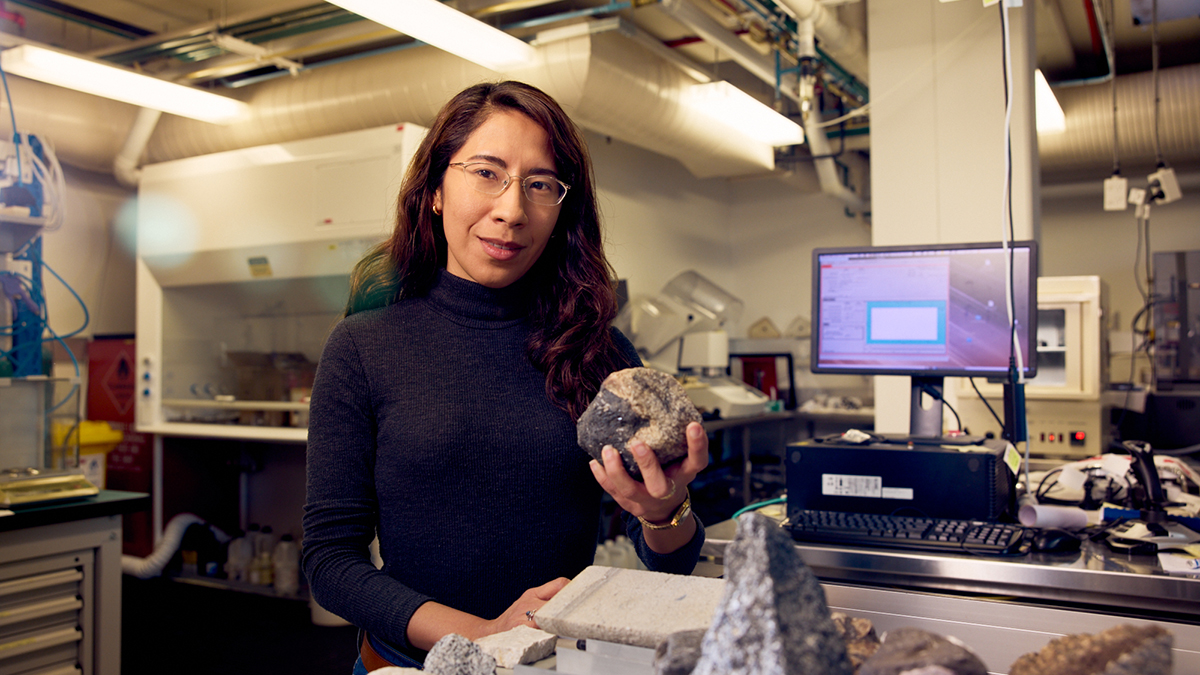
Published on
David Lindenmayer: fighting for our forests and telling it like it is
For over forty years, lecturer and researcher at the Australian National University (ANU), Professor David Lindenmayer, has dedicated his career to understanding and protecting Australia's most fragile ecosystems. From pioneering studies on forest ecology to his work on biodiversity and conservation, David's research is vital in shaping how we manage and protect natural resources for future generations.
With an eye sharper than any lens and a dedication that has outlasted entire forests, David has recorded the subtle shifts in Australia's wild landscapes with the same reverence a poet might give to verse. He's authored 49 books, including the most recent, The Forest Wars, and published 950 research papers, cementing his place as one of the world's leading voices on biodiversity conservation. And yet, despite accolades and global recognition, it's his deep, undying commitment to the land that sets him apart.
Read on as we sit down with David for a glimpse into the person behind the research.
In simple terms, describe what you do.
I am a conservation scientist and biodiversity expert. I study the ways to conserve biodiversity in response to logging, fire and park management.
What's a typical day in your life look like?
When in the field, I will be working on counting birds, trapping and marking mammals or measuring vegetation on our long-term field sites across south-eastern Australia.
When I am in Canberra, my day starts at 6:15am with writing and reading until midday, after which I cycle into the ANU campus for student meetings and other work-related jobs.

David is an expert on native wildlife, and often has his eyes to the skies.
What's something about your work or field that you find fascinating?
I love making new discoveries about how ecosystems work and how species respond to changes in the environment.
Who inspires you?
I have several, now quite elderly, mentors who have been extraordinary scientists for many decades. They are all still working in their late 80s - something I would love to be able to keep doing.
What are some things about you that people might be surprised to learn?
- I used to kick footballs for a living and spend a prolonged period in Europe playing there.
- I love to watch a good rom com as a way of relaxing on a Friday night.
- I really enjoy cooking for guests on a Saturday.
What's one lesson you've learned throughout your career?
I've learned that having to explain your research to people who are non-experts is a terrific way of learning how to be a better communicator.
What do you find most rewarding about being a part of an academic research community at ANU?
Being able to make discoveries and being able to work with outstanding colleagues within the Fenner School of Environment & Society and elsewhere on campus - I work with terrific people from the ANU College of Law, ANU School of Archaeology and Anthropology, ANU College of Business and Economics and the ANU Mathematical Sciences Institute.

David has maintained some of the largest, long-term research programs in Australia.
What do you think makes ANU unique?
I think it's the way we are asked to be policy relevant and how we help governments make better decisions.
What's one thing you always make time for, no matter how busy life gets?
I always make time to spend in the natural world. It's a key source of inspiration for me and a way to maintain my physical and mental health.
What's one piece of advice you'd give future students who are just about to embark on their university journey?
Your papers, grants and ideas will be rejected - but you need to stick with it, be persistent and keep going. .
Discover more about the amazing research happening at the Fenner School of Environment & Society.


